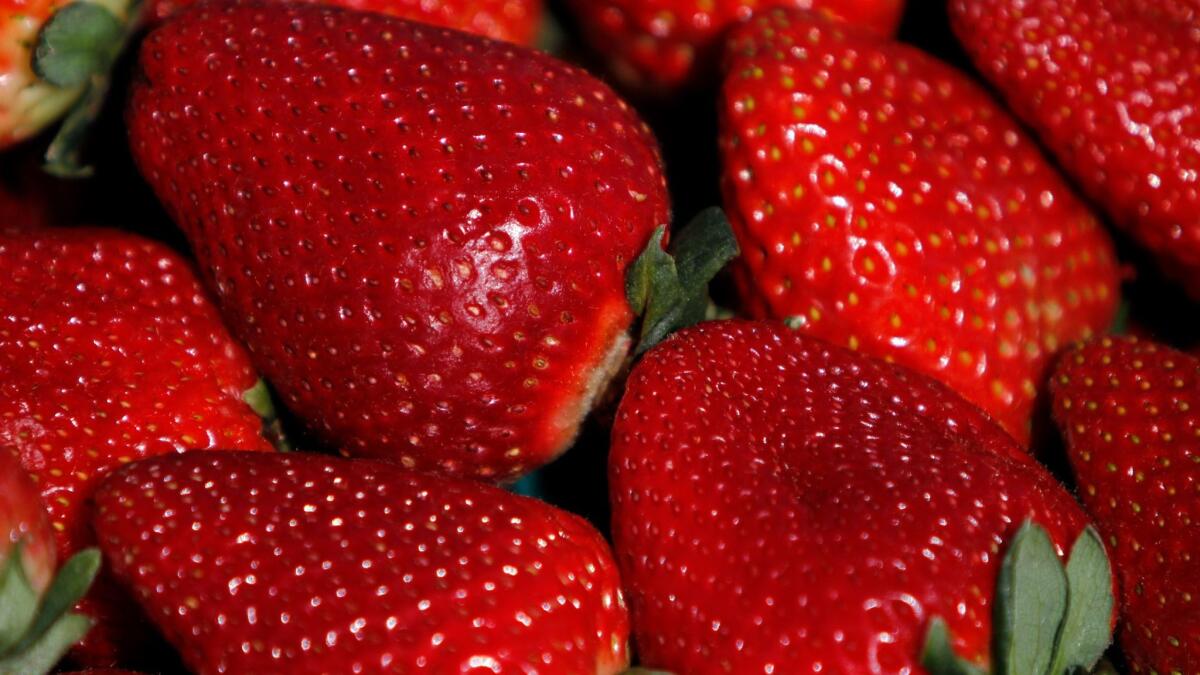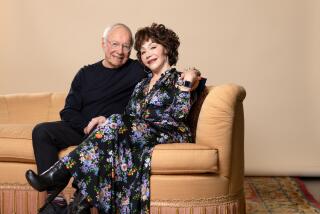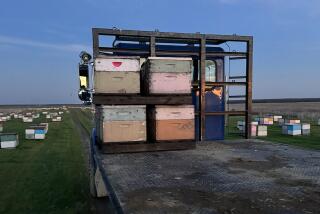Strawberry suit: UC Davis and former professors clash over who owns the fruits of research

Plant scientist Douglas Shaw spent his career toiling in the fields in California to grow the perfect strawberry, one that was plump and bright red and stayed sweet even after the long trip to grocery stores across the country.
When the professor retired from UC Davis and set up his own strawberry-breeding business, though, he found himself in a legal jam.
In a case set for trial in federal court this month, the university is suing Shaw and his scientific partner, alleging they stole the school’s intellectual property by taking some of the fruits of their research with them.
The two scientists allege in a $45-million lawsuit of their own that the university has unfairly kept some of their work locked in a freezer and is depriving the world of a better strawberry.
Some farmers in the No. 1 strawberry-growing state are worried the battle is going to stymie research and cause them to lose their competitive edge. Last year, California produced 1.6 million tons of strawberries valued at roughly $2 billion, according to the U.S. Department of Agriculture.
“It doesn’t do anybody any good for the university to keep these strawberry plants in a box,” said Rick McKnight, an attorney for the two former professors. “This is hurting the California strawberry industry in a major way.”
Shaw, 63, is a giant in the strawberry world, heading the university’s lucrative breeding program for more than two decades alongside fellow plant biologist Kirk Larson. Most of California’s strawberry farmers grow plants developed by Shaw and Larson.
The two men developed 24 new varieties, enabling growers to double the amount of strawberries produced while retaining the fruit’s succulence. They created strawberries that were more resistant to pests and diseases, more durable during long-distance travel, or capable of growing during the shorter daylight hours of spring and fall.
The partners say their work netted the university $100 million in royalties. How much they personally made at UC Davis is unclear, but they say they contributed more than $9 million of their own royalties toward the university’s breeding program.
They retired from the university in 2014 because, they say, the school was winding down the program. Working in partnership with growers and nurseries, they launched a business called California Berry Cultivars, based in Watsonville, to develop new strawberry varieties.
The university accuses the researchers of patent infringement and violating an oath they signed not to enrich themselves by taking or acquiring plants, seeds and other biological material and continuing their research using descendants of plants they developed at UC Davis.
The scientists say they own the intellectual property at issue, and they accuse the university of locking up some of their plants and destroying hundreds of others, wiping out years of research.
Heading into trial, a federal judge recently scolded both the researchers and the university for their behavior and said that each side can expect to be held financially liable at trial.
University spokeswoman Dana Topousis said in a statement that the school’s strawberry breeding program remains in full swing.
Strawberry growers are urging a quick resolution to the tangle.
“Costly litigation is such a waste when there are avenues for multi-benefit collaboration,” said A.G. Kawamura, a strawberry farmer, former California agriculture secretary and part owner of the California Berry Cultivars. “Our future as California strawberry growers is at stake.”
This isn’t the first legal battle involving strawberry research at UC Davis.
In 2014, Shaw and Larson found themselves at the center of a lawsuit between UC Davis and the California Strawberry Commission, which mainly represented growers and packers. The departing professors wanted to take some strawberry specimens with them to their new venture. The commission sued UC Davis, worried that the university’s strawberry breeding program and its inventory of 1,600 strawberry types would be abandoned or privatized.
UC Davis and the commission reached a settlement in 2015, with the university agreeing to continue its public research program in strawberry cultivation for at least five years and hire a new master grower to develop hardier and tastier varieties. It also agreed to maintain wide public licensing of the strawberry varieties its specialists develop rather than favoring a small group of commercial growers.
Times staff writers contributed to this report.
UPDATES:
1:25 p.m.: This article was updated with detail about the founding of California Berry Cultivars.
This article was originally published at 1:10 p.m.
More to Read
Inside the business of entertainment
The Wide Shot brings you news, analysis and insights on everything from streaming wars to production — and what it all means for the future.
You may occasionally receive promotional content from the Los Angeles Times.










